Honoring Dr. King’s Legacy: Lessons in Communication for Today’s Leaders
Dr. Martin Luther King Jr. wasn’t just a civil rights icon; he was also one of the greatest communicators in history. His ability to inspire, mobilize and connect with people from all walks of life remains a masterclass in strategic communication. For Black PR professionals, his legacy is not just a source of pride but […] The post Honoring Dr. King’s Legacy: Lessons in Communication for Today’s Leaders first appeared on PRsay.

Dr. Martin Luther King Jr. wasn’t just a civil rights icon; he was also one of the greatest communicators in history. His ability to inspire, mobilize and connect with people from all walks of life remains a masterclass in strategic communication. For Black PR professionals, his legacy is not just a source of pride but also a blueprint for crafting messages that move hearts, change minds and build movements.
As co-chairs of PRSA’s Black Voices Affinity Group, we are constantly reflecting on how Dr. King’s leadership and legacy resonate in our industry today. At the intersection of communications and his enduring impact, there are valuable lessons for all of us who shape narratives and counsel clients. Let’s explore what we as communicators can learn from Dr. King’s approach — and how we can apply these lessons to advise, inform and inspire in a world that is still grappling with inequality and division.
- The power of purpose-driven messaging
Dr. King’s speeches were rooted in a clear and unwavering purpose: to achieve justice and equality for all. As communicators, we must ensure that our messages are anchored in authenticity and purpose. Today’s audiences, especially Black audiences, are savvy enough to spot performative statements. By leaning into purpose, we create messaging that resonates on a deeper level, builds trust and drives meaningful action.
- Emotional resonance creates impact
Dr. King had a unique ability to evoke empathy and inspire action through the emotional power of his words. Think about his iconic “I Have a Dream” speech: Its emotional resonance still reverberates decades later. In our work, whether advising clients or addressing societal challenges, we should never underestimate the importance of emotion in connecting with audiences. Authenticity and vulnerability — particularly when addressing issues like racism or inequity — can create lasting impact.
- Storytelling as a catalyst for change
Dr. King’s speeches often featured vivid storytelling that brought the struggles of the civil rights movement to life. His stories transcended statistics and brought humanity to the forefront. As communicators, storytelling is our most powerful tool. Whether we’re building campaigns, pitching stories or crafting executive speeches, centering people’s lived experiences—especially those from marginalized communities — can drive social change and shift perceptions.
- Communicating for unity in a divided world
Dr. King’s vision of unity in the face of division is as critical today as it was in the 1960s. In an era of polarized discourse, communicators have a responsibility to champion messages that build bridges. For Black PR professionals, this often means advocating for narratives that promote equity, inclusion and understanding — especially in industries and boardrooms where our voices have historically been excluded.
- Ethics above all
Dr. King stood firm in his principles, even when it was inconvenient or risky. His commitment to justice and truth serves as a reminder that ethical communication is non-negotiable. As practitioners, we have to call out misinformation, resist harmful narratives and ensure that the strategies we create align with moral integrity.
- The role of empathy in leadership
Dr. King’s empathy for others — his ability to see humanity even in his adversaries—was a cornerstone of his leadership. For communicators, empathy isn’t just a skill; it’s a strategy. Understanding the perspectives and experiences of diverse audiences, particularly those who have been historically underserved or silenced, allows us to craft messaging that feels personal and meaningful.
- A vision for the future
Dr. King’s “I Have a Dream” speech wasn’t just about the present; it was a roadmap for a better future. As communicators, we should challenge our clients to think beyond short-term wins and embrace messaging that drives long-term change. This means crafting narratives that inspire hope and paint a vision of progress, especially for marginalized communities.
Keeping the dream alive in communications
As Black PR professionals, we stand on the shoulders of giants like Dr. King, who understood that words are more than just tools — they are catalysts for transformation. In a profession that too often overlooks our voices, we have the unique opportunity to harness his lessons to create campaigns and counsel that drive equity, justice and impact.
Dr. King’s legacy is a challenge to all of us to communicate with purpose, integrity and vision. As co-chairs of PRSA’s Black Voices Affinity Group, we remain committed to ensuring that the next generation of Black communicators carries this torch forward, building on his legacy to shape a world that truly reflects the dream he so powerfully envisioned.
Together, let’s communicate with the conviction and clarity that Dr. King embodied — and in doing so, honor his timeless contributions to justice and equality.
Sabrina Browne and Thomas Bennett III are co-chairs of PRSA’s Black Voices Affinity Group. [Photo by -/afp via getty images]
The post Honoring Dr. King’s Legacy: Lessons in Communication for Today’s Leaders first appeared on PRsay.














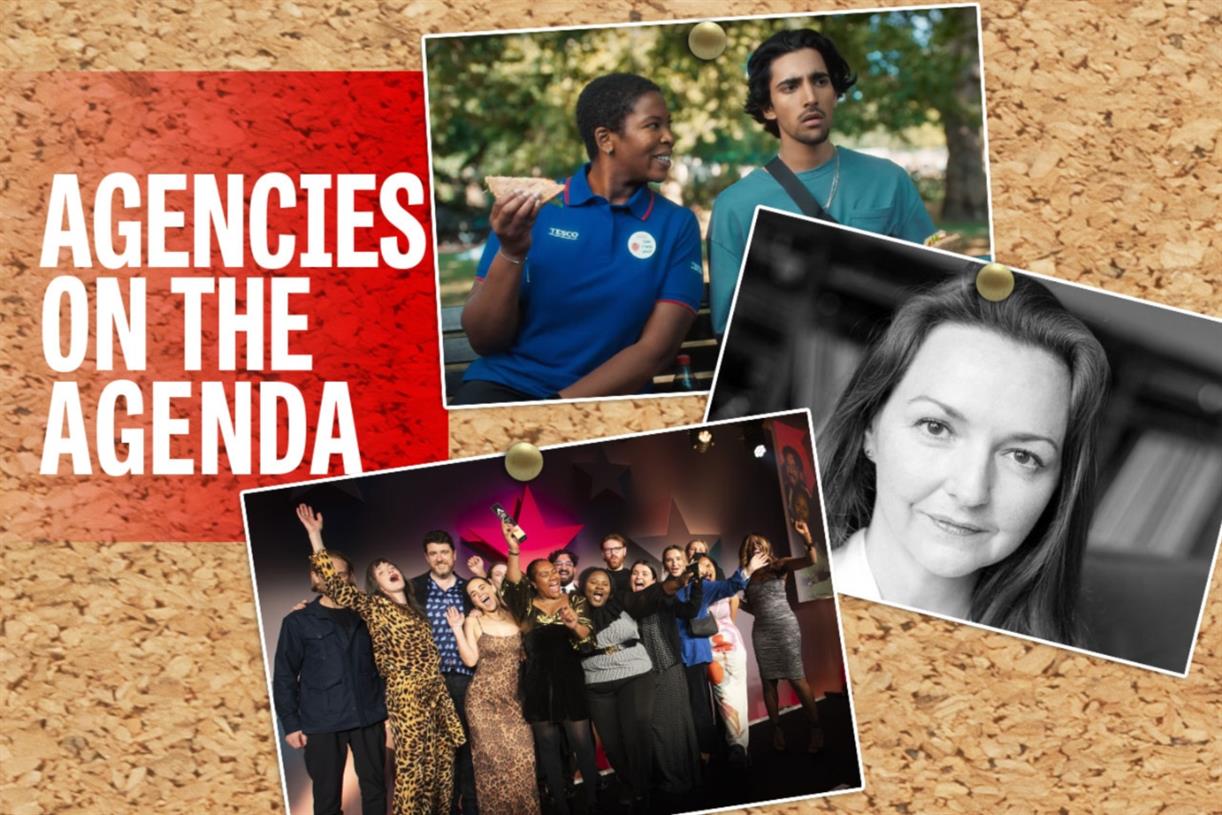




































![How Marketers Are Using AI for Writing [Survey]](https://www.growandconvert.com/wp-content/uploads/2025/03/ai-for-writing-1024x682.jpg)
















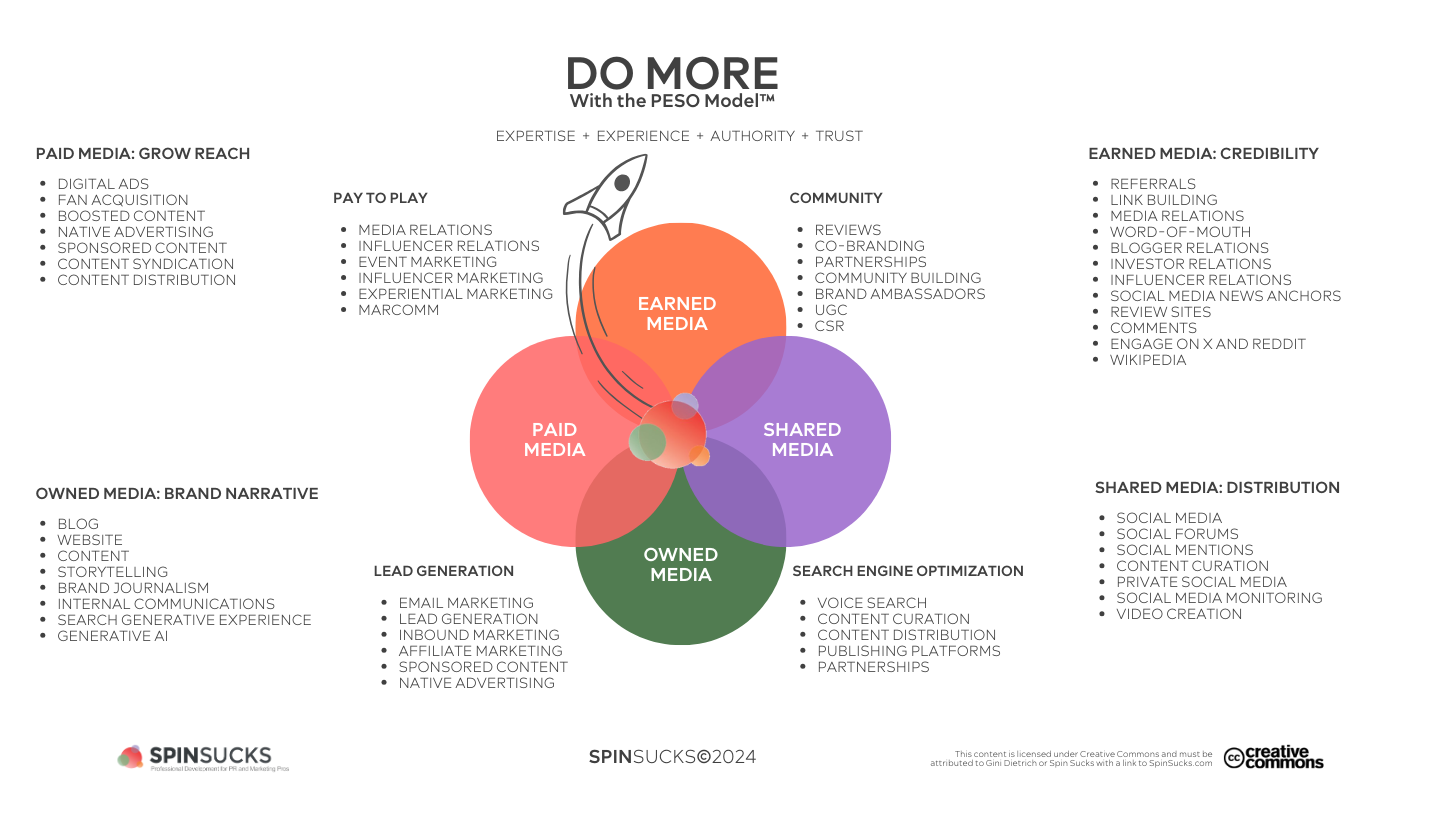
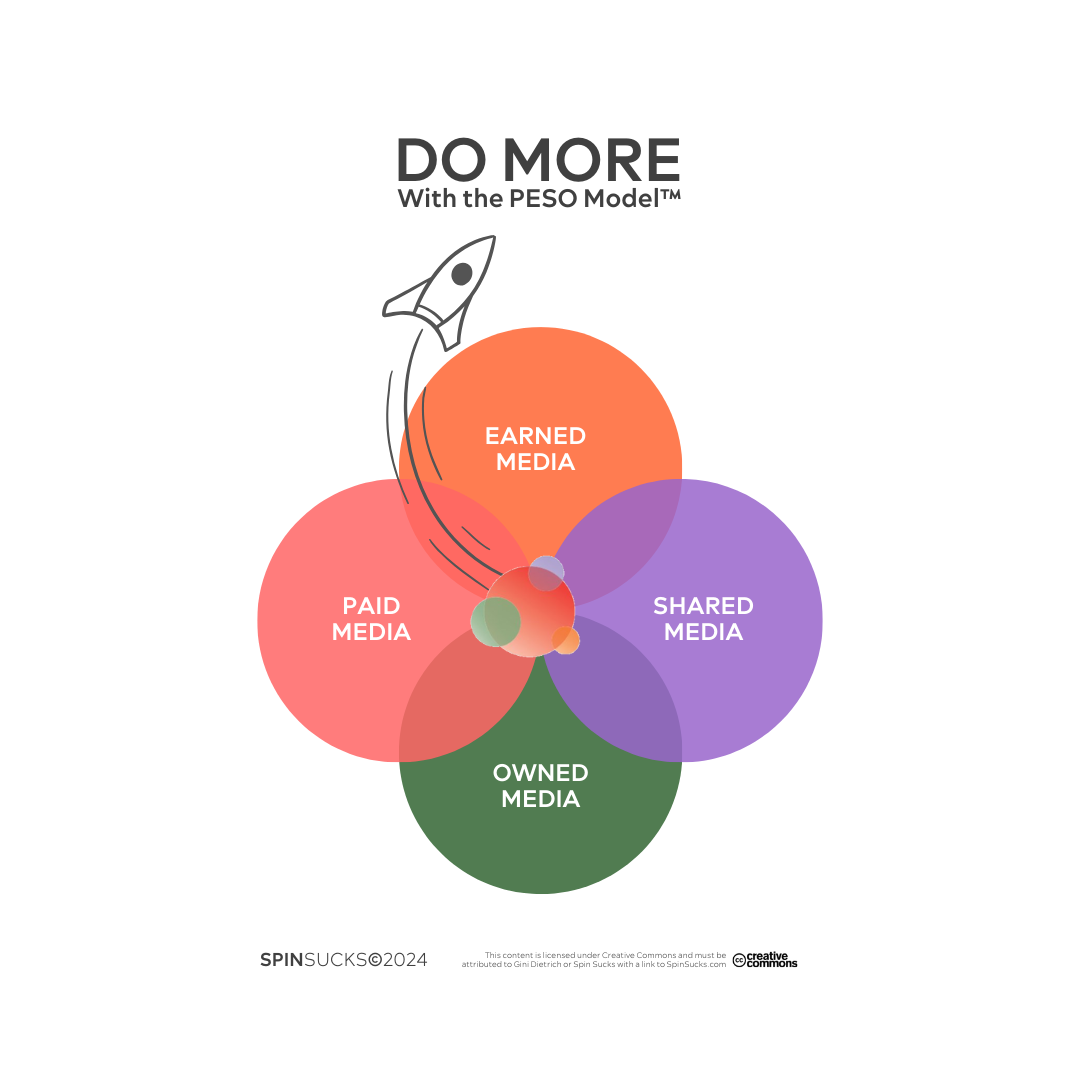



































![How Meta Makes its Money [Infographic]](https://imgproxy.divecdn.com/Kn_lAdtd3hjL-g3cebdKw3vQ_uTSMewIOId-plpm62o/g:ce/rs:fit:770:435/Z3M6Ly9kaXZlc2l0ZS1zdG9yYWdlL2RpdmVpbWFnZS9tZXRhX2Fkc18yLnBuZw==.webp)
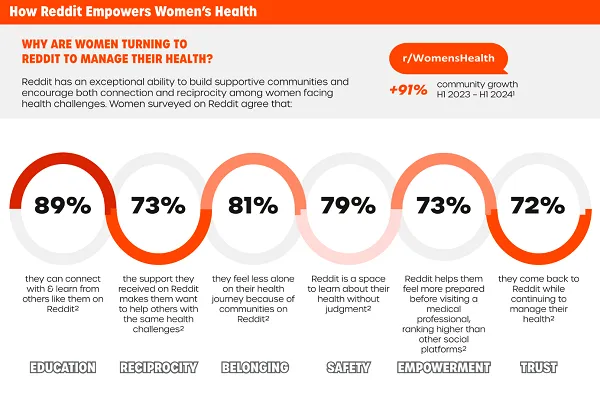
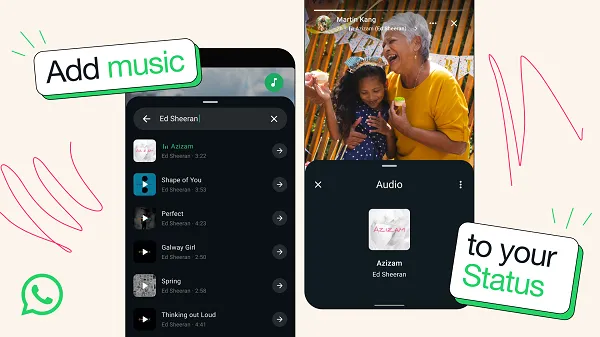
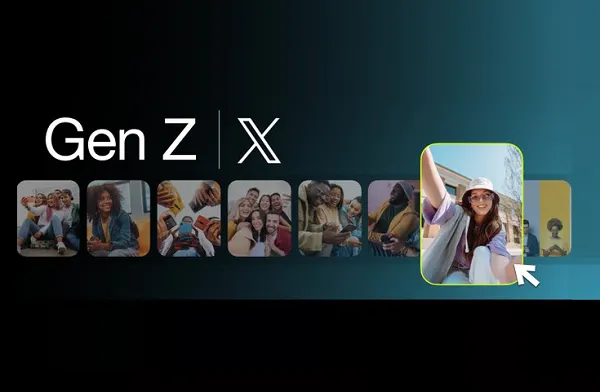










![311 Instagram caption ideas [plus free caption generator]](https://blog.hootsuite.com/wp-content/uploads/2022/07/instagram-captions-drive-engagement.png)

![How Conversion Funnels Create a Better Customer Journey [+ Tips to Optimize Yours]](https://www.hubspot.com/hubfs/Conversion%20Funnel.png)


![How to Create a Complete Marketing Strategy [Data + Expert Tips]](https://www.hubspot.com/hubfs/marketing-strategy.webp)




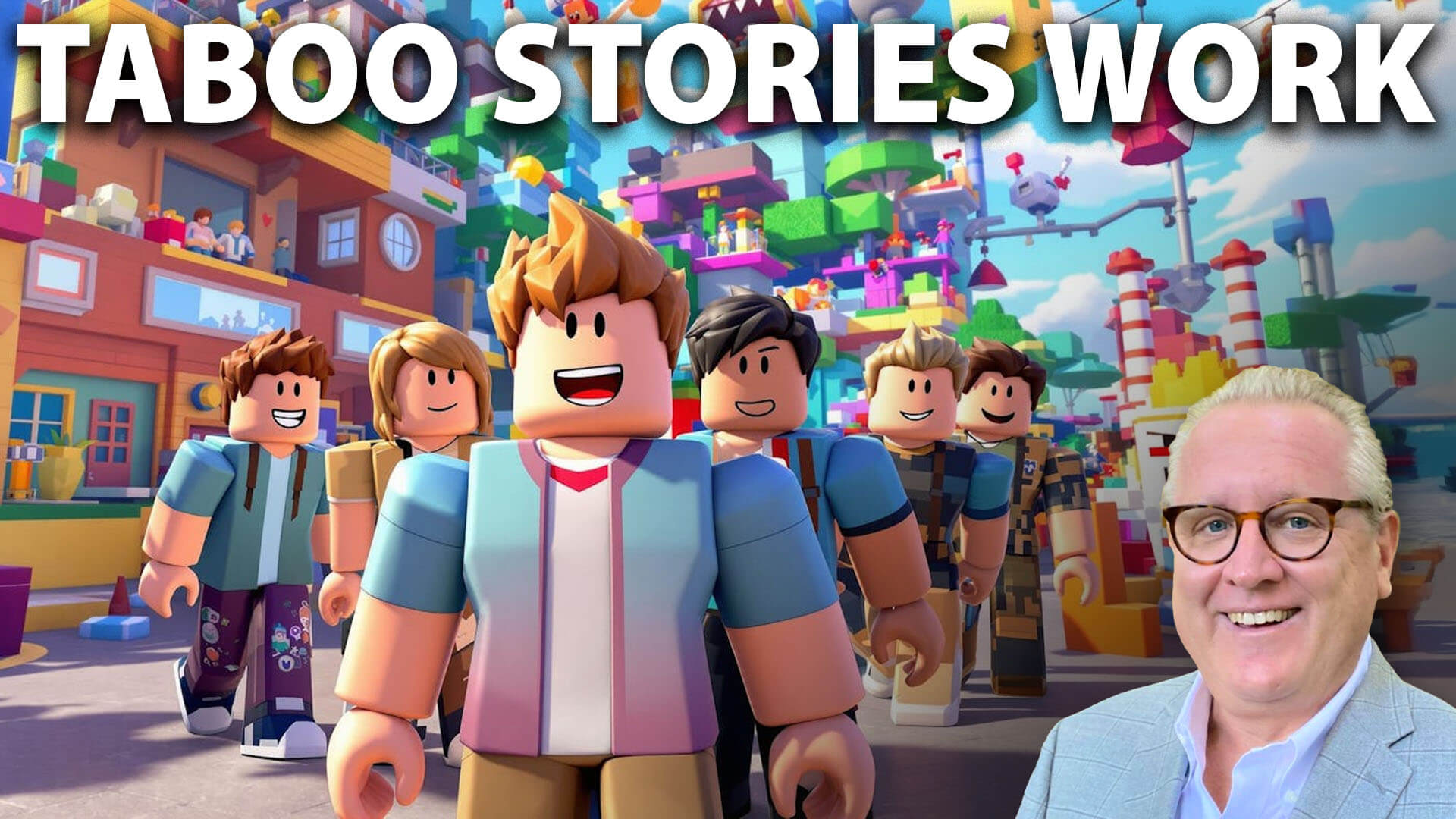







![Best times to post on Facebook in 2025 [Updated March 2025]](https://media.sproutsocial.com/uploads/2024/04/Best-times-to-post_2024_feat-img_fb.jpg)





